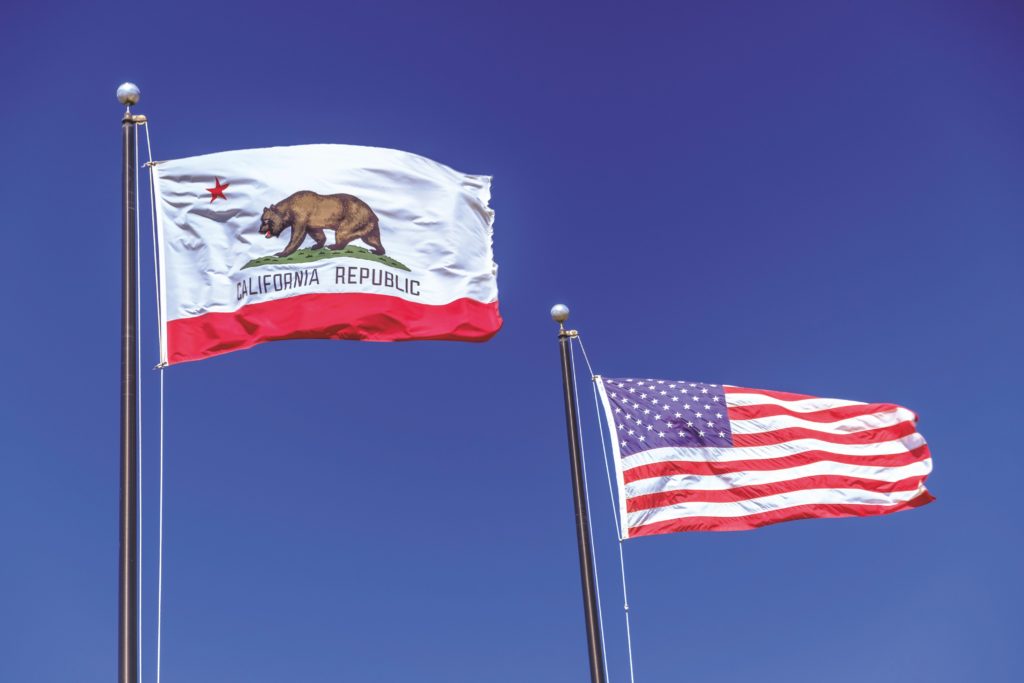Business Guide To The California Consumer Privacy Act (CCPA)
Californians just acquired brand new privacy rights, via CCPA. Now, they will have greater control over their online information and activities. This is due to the passing into law of the California Consumer Privacy Act (CCPA). The statewide legislation curbs the authority of businesses over their clients’ data. One of the major pieces of legislation within the Act is that people can now ask companies to delete their data completely.
Even before the ink dries on the Act, privacy advocates are already calling for caution. They state that passing the law is just half the journey. The law will only work when consumers read and understand it. If consumers are unaware of their rights, businesses will violate them just like they were doing before the law. Therefore, if your business is operating in the Bay Area, you should take steps to educate your customers. Once your customers see your genuine intentions, they will trust you more with their information.
CCPA: What Your Bay Area Business Needs To Know
Generally, the main impact of CCPA is that your business must disclose all data aspects to your clients. Your customers must know what you collect, how you store it, and its use. One way of complying with the law is to create pop-up disclosures on your side. Pop-up disclosures allow you to comply with CCPA and GDPR. However, this is just scratching the surface. The law gives consumers the power to demand several things from your business.
First, the clients can ask your business to release their personal information. You will have to send a detailed report to the client. For example, you have to submit things such as gender, race, age, income, and browsing history. Similarly, clients can stop you from selling their information. If you want to sell information about persons aged between 13 and 16, you must get their explicit consent. Furthermore, you can’t sell information about a person below the age of 13 if their guardian or parents don’t give consent.
The other significant impact is that people have the right to be forgotten. Your website’s consumers can demand a complete deletion of their information. People who bought the data from you must also delete that data.
What Businesses Are Affected By CCPA Laws?
Not every business will be affected by the new laws. Companies with an annual income of at least 25 million US dollars, or a customer base of at least 50,000 people per annum, will have to comply to CCPA. The same applies to any business getting 50% of its income from the sale of personal data. The affected companies are required to give responses to all their client’s questions. If a client sends a request concerning their information, you are legally obligated to respond. Businesses that have not complied by the 1st of July 2021 will pay fines of $7500 for each violation. The state is first concentrating on large corporations. They want to create an example from the large data conglomerates in California before taking the war to small retailers.
When Does CCPA Implementation Begin?
Implementation of the CCPA began on January 1st, 2020. This was when America’s privacy laws changed forever. The CCPA is perhaps America’s most comprehensive data law, and it has been in the works for many years. Nevertheless, the law’s implementation by the attorney general’s office officially starts on July 1st, 2020, or after the state’s legislature has drafted all regulations. In 2020, the Attorney General began working with legislatures, businesses, and data activists to create a comprehensive new law. Many professionals reviewed the original draft, and each proposed certain amendments. In the end, very few amendments were taken into consideration. Despite that, many stakeholders believe that the law could reduce or eliminate data privacy violations.
Far-reaching Affects
So much has changed in the world over the last decade. It’s surprising that lawmakers took such a long time to appreciate the importance of digital data. However, this does not mean there aren’t people who have always been pushing for the respect of privacy rights. California decided to get ahead of the rest of the country by taking this problem head-on. Proponents of CCPA concede that it will take a long time for the law to be fully implemented. Already, there is extensive resistance from many brands. Many of them have refused to sensitize their clients about the effects of CCPA. Either way, all brands will have to comply ultimately.
Opposition To The New CCPA Law
Not everybody is particularly pleased with CCPA. Several advocacy groups have faulted the law’s broad reach. Their contention is that the law targets technology companies.
CCPA Conclusion
Consumer data protection is a big topic right now. If your business does not comply with the CCPA, it will face extensive fines. In some cases, you may go to jail. Therefore, it is wise to contact us for more information about this law.
About Fastmetrics, Inc. Building & Business ISP
Since 2002, Fastmetrics is the Bay Area’s only dedicated business ISP. We provide telecommunication services in California and the San Francisco Bay Area. Reliable service – backed by better live and local support. From install to 24-7 proactive monitoring, get treated like a VIP customer. Not a number by a faceless call center. We specialize in managed business internet and phones, dedicated high speed business fiber internet, business WiFi, SIP voice solutions / UCaaS and managed network services. We are a Microsoft and Cisco Meraki Partner. Our team are Certified Cisco Specialists, Ubiquiti Enterprise Wireless Accredited and Polycom Authorized Solution Advisors. We take care of your business network, so you can focus on growth.









